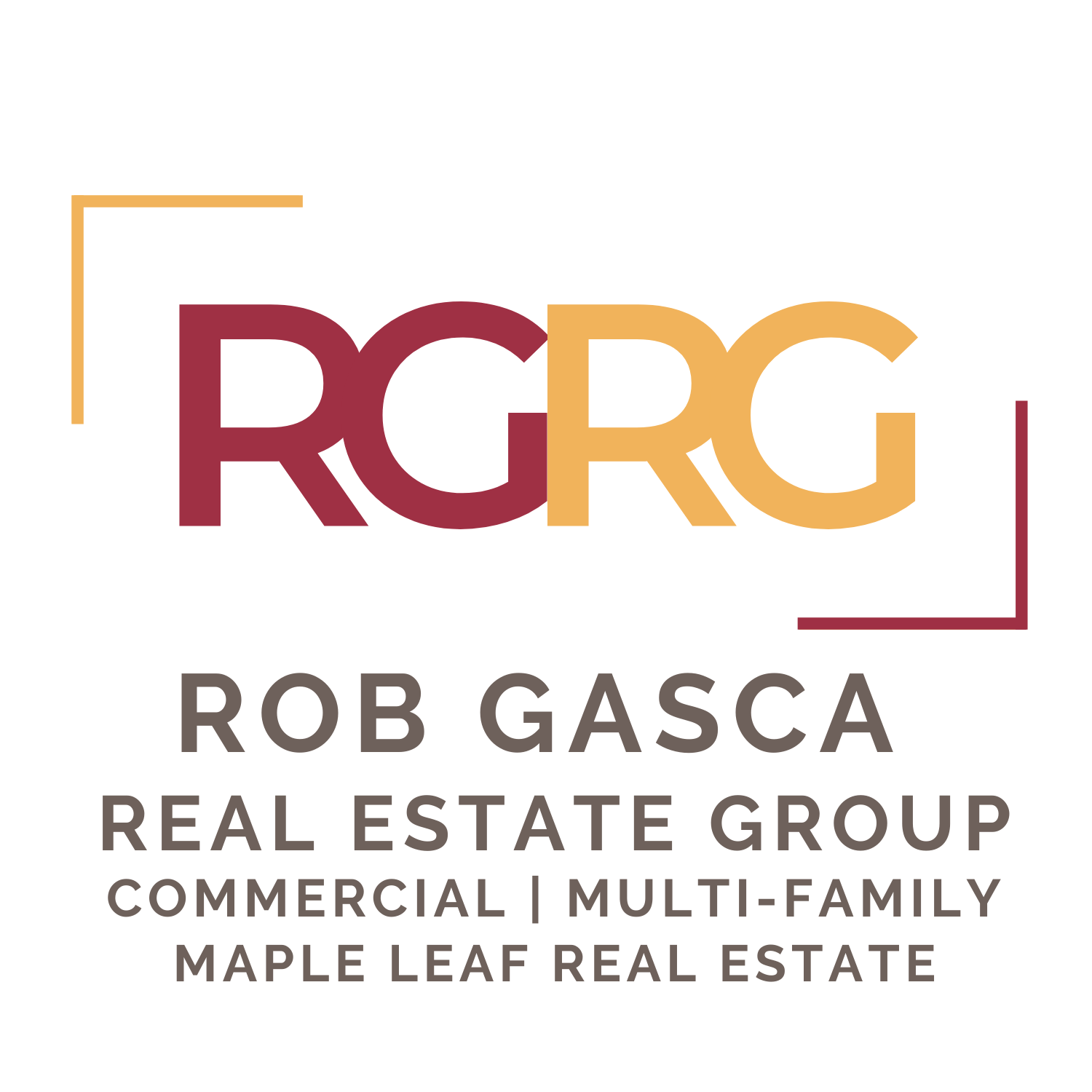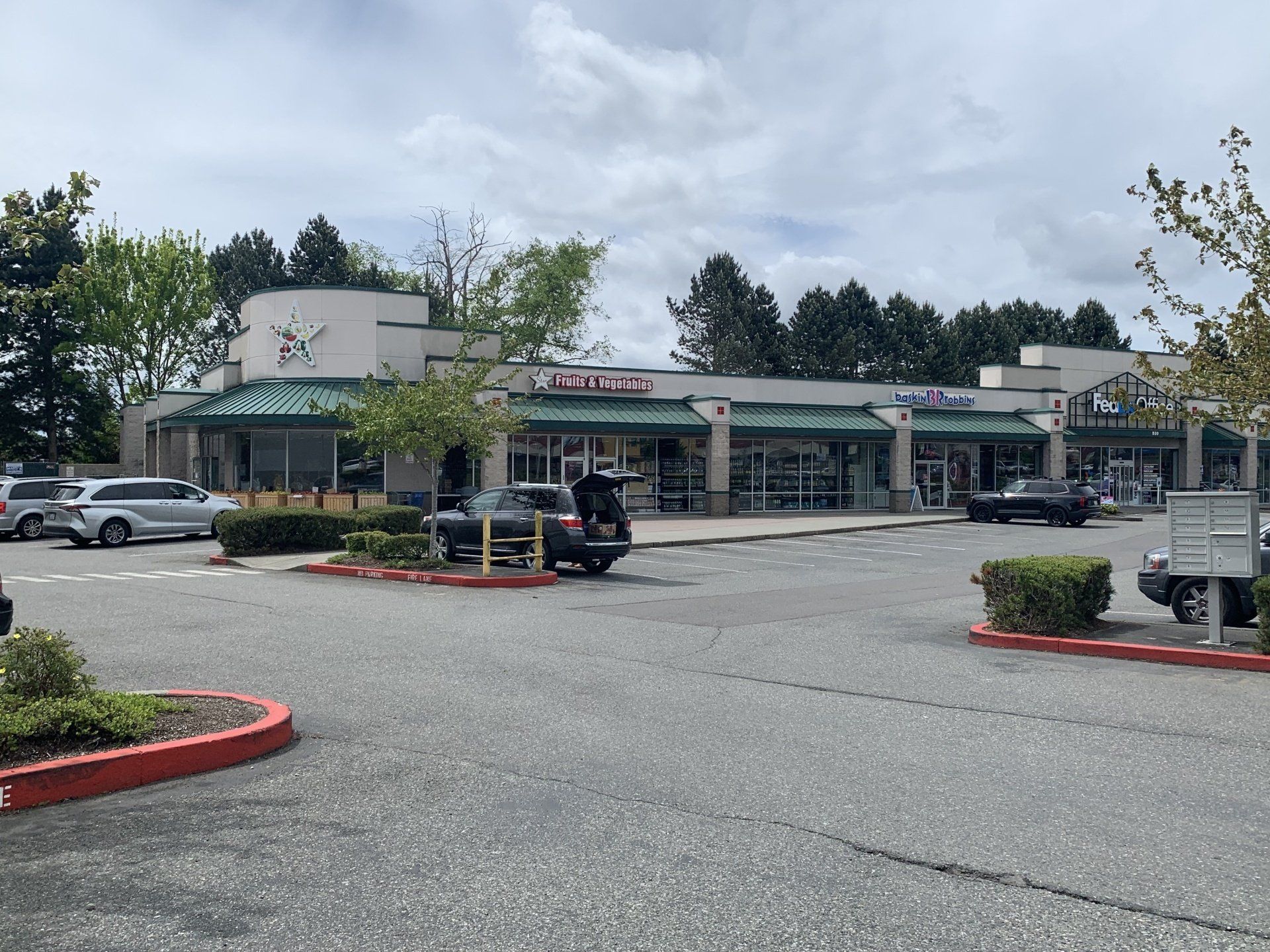What is Adaptive Reuse and Why is it Important?
What is Adaptive Reuse and Why is it Important?
There are many situations when a building is created for a specific use, but as time goes by, it needs to shift its use or it needs to be demolished. This is where the notion of adaptive reuse comes into play. It’s something that applies to commercial real estate, and it’s widely known to happen especially with older buildings.
Understanding What is Adaptive Reuse
Also known as building reuse, adaptive reuse is a practice that involves repurposing a certain structure to be used for something new. A good example would be turning a former restaurant into an office space. By using the adaptive reuse approach, any older building that doesn’t have any use right now can be brought to life and reused in a different way. It’s a common practice in commercial real estate because not all businesses last forever. So, at times, it’s common to reuse the building with a new purpose and for something entirely different when compared to what’s used right now.
Is Adaptive Reuse Important?
Demolishing older buildings just to create new ones is unnecessary, not only that but it also damages the environment quite a bit. That’s why it makes a lot of sense to focus on adaptive reuse, because it protects the environment and at the same time you have much lower construction costs. You already have the commercial real estate property, so it all comes down to reusing it properly.
On top of that, you get to protect the cultural heritage of the town while establishing a new beacon and slowing down the damage that usually comes from ever expanding cities. The construction time is also sped up because you already have the right things in place and you just have to re-adjust the building for its new use.
How Does the Process Work?
At first, you must assess that building and perform a neighborhood survey. You want to see how that building can be reused and what approach you can use for that. This is also the time when you try to narrow down the right budget for such a project. Creating the right plans is crucial here and certainly something you need to consider as much as possible too.
Once you have the right plans, you can hire the best team, based on your budget. Then you can go ahead and begin the construction process. The fact that adaptive reuse helps lower construction costs and keep them under control is great, since you rarely have this option.
Conclusion
As you can see, adaptive reuse does an amazing job at revamping a city and breathing new life into old buildings. Not only does this help preserve the overall results and value, but the benefits as a whole can be second to none. Which is exactly why you want to consider adaptive reuse as a great way to breathe new life into those old, unused buildings. You can always repurpose them for something else, and that’s exactly why adaptive reuse should always be at the forefront for any owner that has old buildings!













